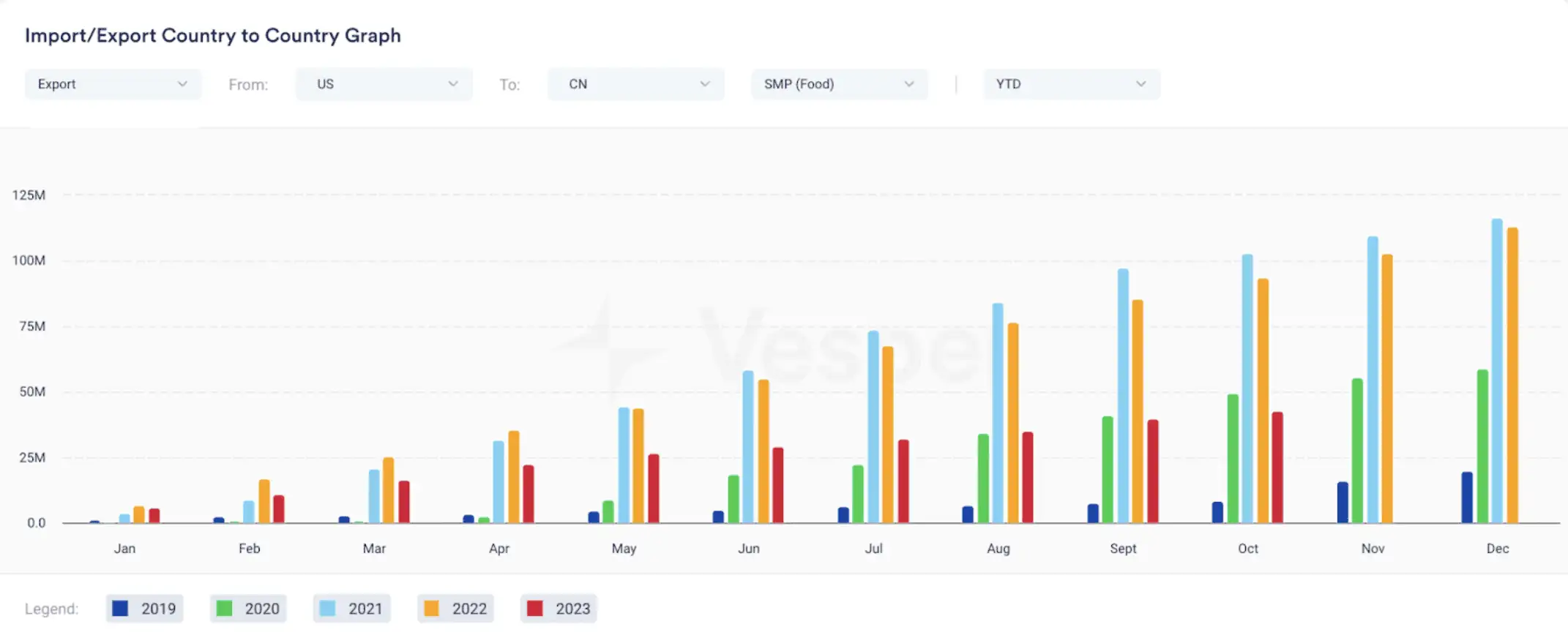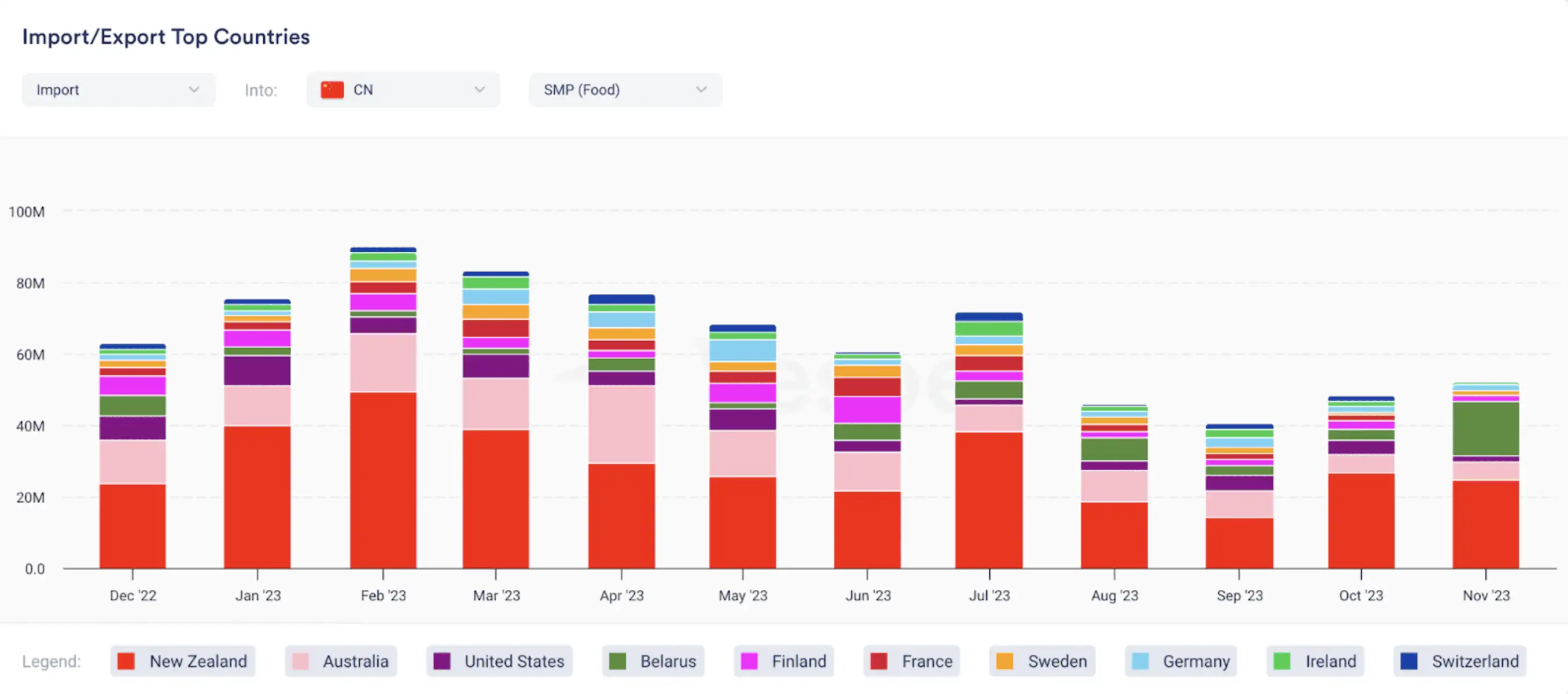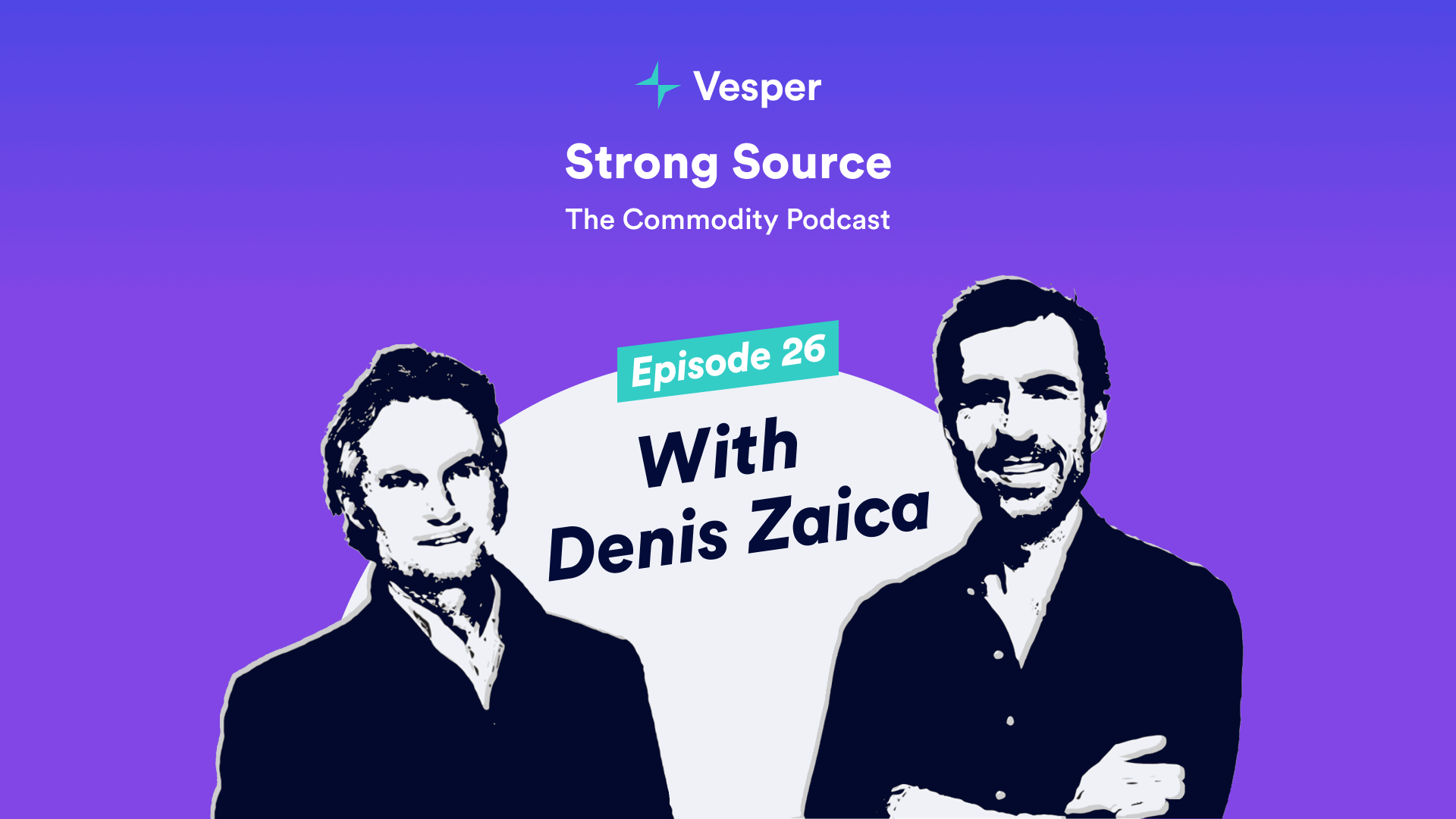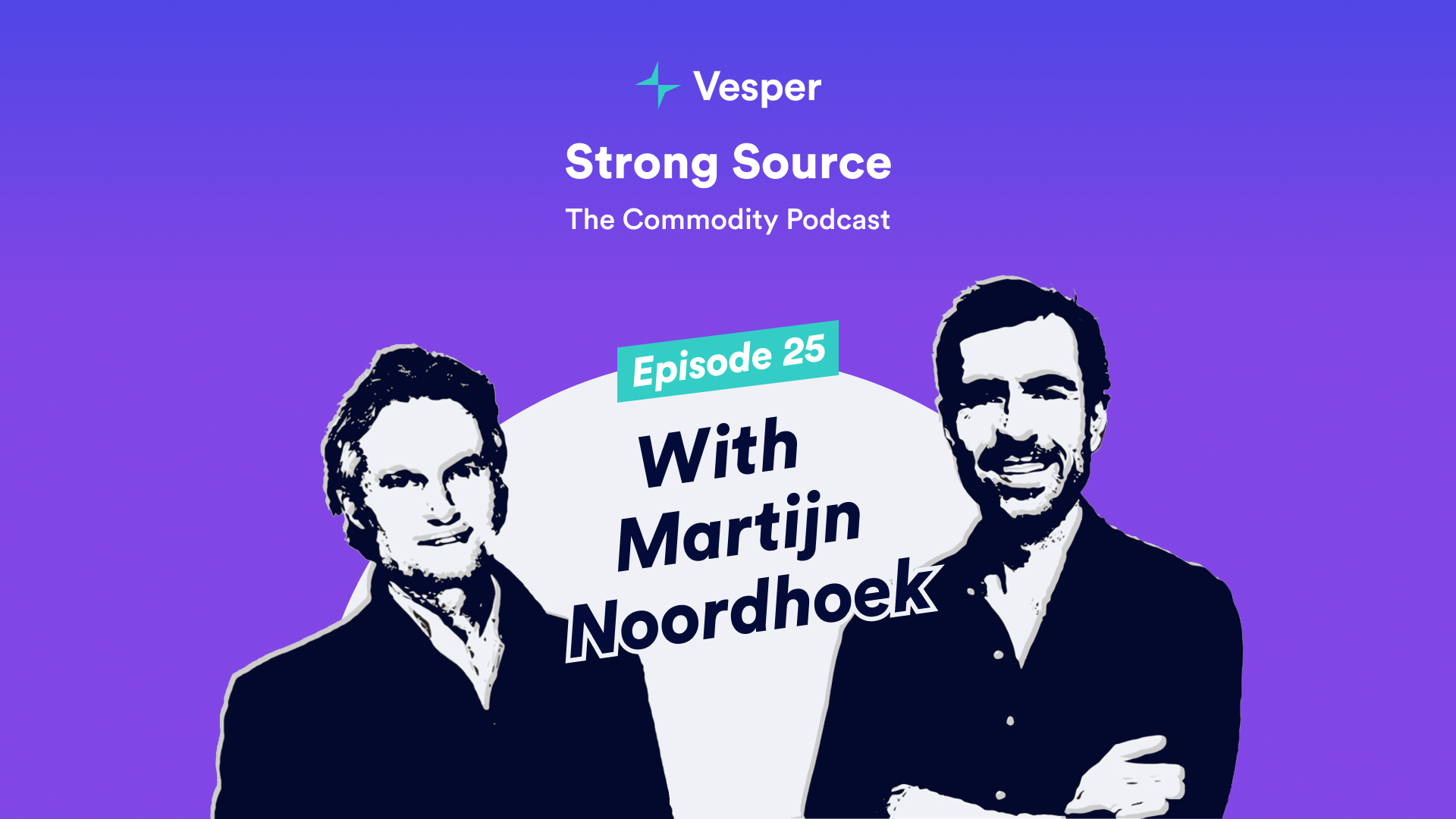Maintaining an extensive and diverse supplier pool is advantageous for FMCG procurement managers, as it helps to mitigate risks associated with dependencies on a limited number of suppliers. In the event of disruptions such as natural disasters, political instability, or financial issues affecting a specific supplier, having alternative sources ensures a more resilient and robust supply chain.
Moreover, a larger supplier pool stimulates a competitive environment. When suppliers know they are part of a broader network, they are more likely to offer lower pricing and favorable terms to secure their competitive position in the market.
In addition, diverse suppliers often bring unique perspectives, capabilities, and innovations to the table. A broad supplier pool empowers procurement managers to tap into diverse expertise and technological advancements, ensuring the organization has access to the highest quality products.
In the pursuit of discovering new suppliers, consider the following approaches:
1. Industry events
These gatherings provide opportunities for face-to-face interactions and in-depth discussions about potential partnerships. The global nature of these events also facilitates easy connections with individuals from across the globe.
Noteworthy events for diverse agri commodities include Gulfood, SIAL, Anuga, SIA, Djazagro.
2. Join relevant associations and online groups
One of the most straightforward ways to expand your network and access valuable information is by joining associations and online groups, such as LinkedIn and WhatsApp groups related to the food industry. Connecting with peers, experts, and industry leaders in these associations and groups enables the exchange of ideas and insights.
Examples of associations are Board BIA, The Provision Trade Federation (PTF), and The U.S. Agricultural Export Development Council (USAEDC). Remember that almost all big exporting countries have associations linked to agricultural commodities, whether broadly or specifically to one commodity group.
You can also appeal to the Vesper Community if you are looking for new suppliers. Our Vesper community boasts over 2000+ buyers, sellers, and traders, and it continues to grow.
One of our Account Executives can connect you with the right person or join one of our active WhatsApp groups, like our Oils & Fats group or Dairy group. These WhatsApp groups facilitate discussions between buyers, sellers, and traders about what they hear and see in the market, but also help you connect with relevant industry players.
3. Explore trade lanes using Import/Export data
As an FMCG procurement manager, leveraging import/export data can be a powerful tool to find potential new suppliers, as it helps you to identify key exporting markets, their market share and their significance in the industry.
Our Import/Export Country to Country and Top Countries widgets are practical tools to observe how trade flows have evolved over the past year.
Consider the trade dynamics of Skimmed Milk Powder (SMP) as an example: examining our import/export data for China, the world’s largest importer of SMP/NFDM, reveals a notable 7.23% growth (YTD yoy – November) in SMP imports. In contrast, the US reports a substantial decrease of 54.18% in SMP/NFDM exports to China (YTD yoy – October), as depicted in Figure 1.

Figure 1: Export US China SMP (Food)
In November 2023, China’s import of SMP from New Zealand reached 11,224 metric tonnes, accounting for 48.60% of its total imports in this category. This represented a notable 17.80% increase compared to the same period in the previous year, as illustrated in Figure 2.

Figure 2: China SMP (Food) imports – Top 10 importing countries
Examining this data makes it plausible that the US could be a potential supplier worth considering. The observed loss in market share may indicate an opportunity for them to regain ground.
However, it’s important to note that drawing a conclusive decision requires additional market research. By incorporating additional data from Vesper, such as stock and production data, into your analysis, you gain a more comprehensive and informed perspective on the trade dynamics of the market.
4. Digital platforms for enhanced supplier discovery
In today’s digital age, technology plays a pivotal role in streamlining procurement processes. FMCG Procurement managers can leverage a variety of digital tools and platforms to discover new suppliers, manage relationships, and assess performance metrics. Platforms such as SAP Business Network and Coupa have transformed the landscape of supplier discovery. These platforms act as a digital marketplace, connecting buyers with suppliers globally.
By using these platforms, procurement managers can access a vast database of suppliers across various categories, complete with detailed profiles that include information on their capabilities, certifications, and performance history. This facilitates a more informed selection process, allowing managers to identify suppliers that best fit their specific requirements.
A procurement manager looking for eco-friendly packaging suppliers for instance, can use filtering tools on these platforms to find suppliers that are certified in environmental standards, such as ISO 14001 or the Sustainable Forestry Initiative. They can then send RFPs (Request for Proposals) directly through the platform, streamlining the procurement process.
Furthermore, these platforms offer complementary solutions like e-sourcing, e-auctions, contract management, and supplier performance tracking, helping procurement managers to maintain a comprehensive database of suppliers, ensure competitive pricing, and utilize analytics for informed decision-making.
5. Strategic partnership development
While leveraging technology and sustainable practices forms the backbone of effective supplier management, the importance of building long-term relationships with suppliers cannot be overstated. Establishing strong, collaborative partnerships with suppliers ensures not only reliability and quality but also fosters innovation and mutual growth. This approach goes beyond transactional interactions, focusing on developing a shared vision and goals.
FMCG procurement managers should aim to move beyond traditional buyer-supplier dynamics, adopting a more strategic approach to partnerships. This involves regular communication, joint problem-solving sessions, and collaborative planning. By doing so, procurement managers and suppliers can work together to address challenges, improve efficiency, and co-develop new products or solutions that meet changing consumer demands.
Consider a scenario where an FMCG company specializing in organic foods partners with a small-scale organic farm. The procurement manager works closely with the farm to implement sustainable farming practices that ensure a consistent supply of high-quality organic produce. In return, the company guarantees the purchase of a certain volume of produce at a fair price, providing the farm with financial stability and the opportunity to invest in further improvements.
This partnership could extend to joint marketing initiatives, highlighting the sustainable sourcing and quality of the ingredients, thereby adding value to the company’s brand. Additionally, the company could provide the farm with access to agricultural experts and technology, enhancing yield and sustainability. Overall, the benefits of long-term collaborations include innovation, through developing new products or process improvements; risk mitigation, by enhancing forecasting and supply chain reliability; and cost savings, achieved via more efficient operations and bulk purchasing.
To cultivate these relationships, procurement managers should:
- Conduct regular business reviews with key suppliers to discuss performance, challenges, and opportunities.
- Involve suppliers early in the product development process to leverage their expertise and innovation capabilities.
- Establish clear communication channels and foster a culture of transparency and trust.
- Recognize and reward suppliers for continuous improvement and contributions to the company’s success.
By focusing on long-term relationships and collaboration, FMCG procurement managers can build a supplier network that is not only robust and diverse but also aligned with the company’s strategic goals and values. This collaborative approach ensures a competitive edge in the market by securing a supply chain that is both resilient and adaptable to future challenges and opportunities.
Looking for additional tactics that FMCG Procurement Managers should use in 2024? Download our complimentary whitepaper now to ensure you stay ahead in the procurement field.



